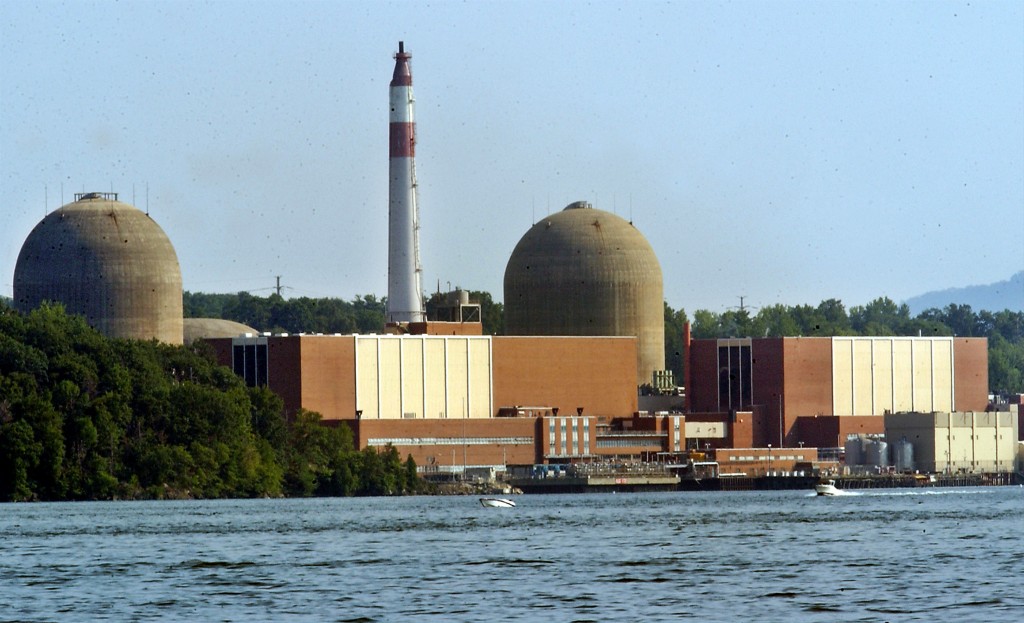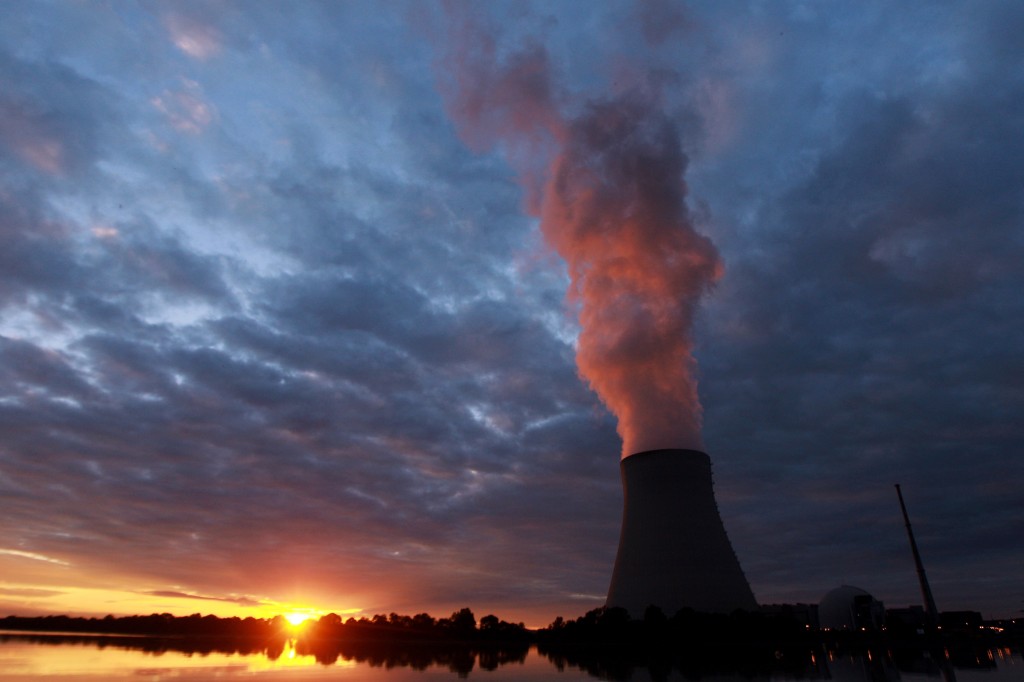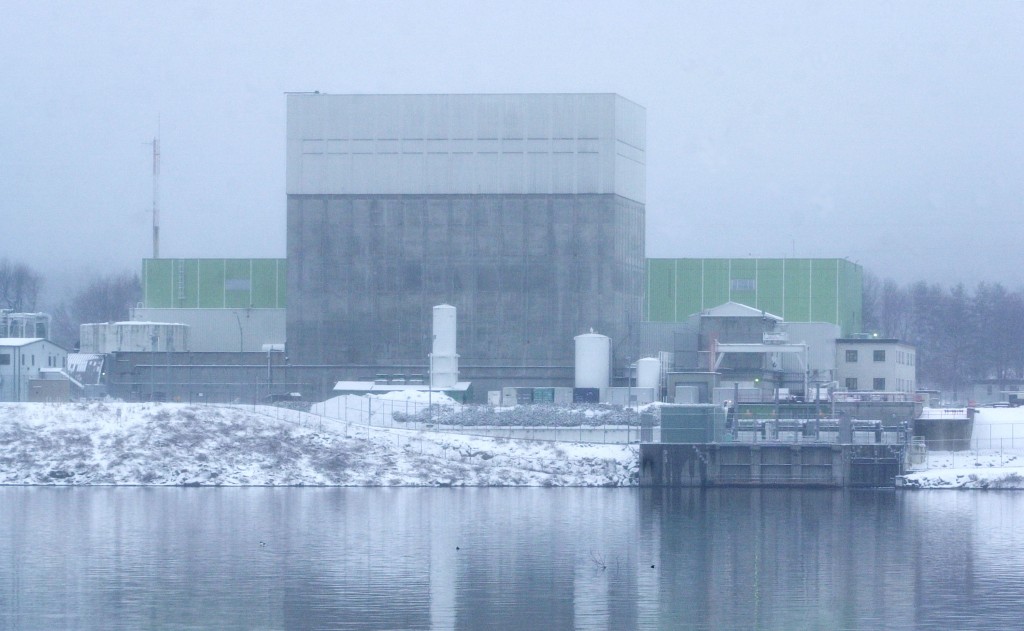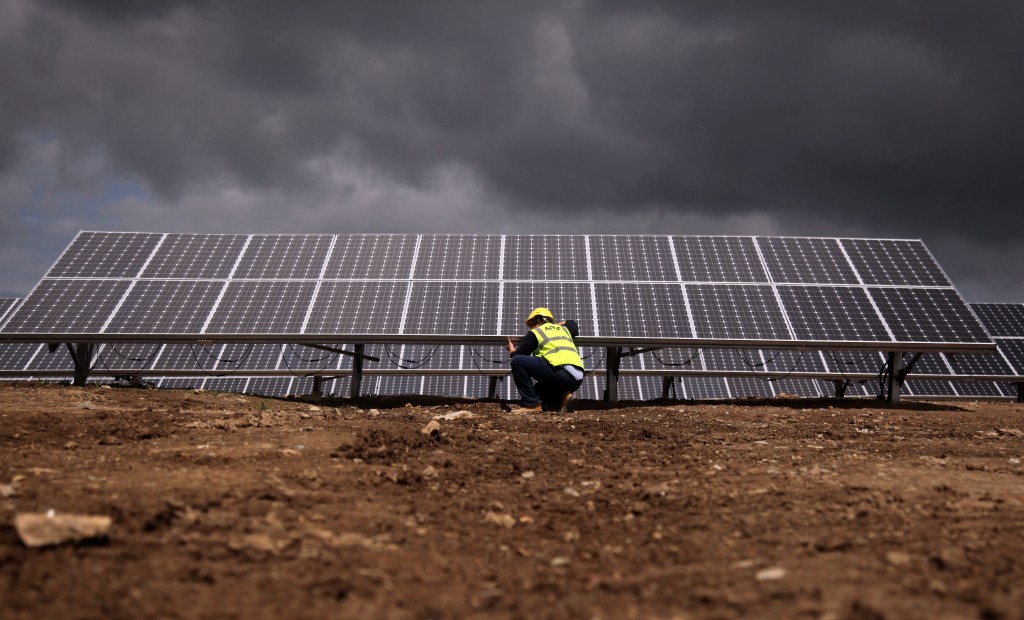One of the more contentious issues in the US today is relicensing the nuclear power plant fleet for additional 20-year periods. As you can imagine, this issue can be particularly divisive in the local communities in which these plants are located. That is certainly the case with the Indian Point Energy Center – owned by… Keep reading →
Entergy
Sign up and get Breaking Energy news in your inbox.
We will never sell or share your information without your consent. See our privacy policy.The 40+ year-old Vermont Yankee Nuclear plant will shut down by Q4 2014 due to high cost structure and low natural gas and wholesale energy prices. On August 27, 2013, Entergy Corporation announced plans to close and decommission the Vermont Yankee Nuclear Power Station in Vernon, Vermont in Q4 2014, after the current fuel cycle. Once the plant… Keep reading →
State level regulators, like politicians, read the newspaper headlines, notice what is in their in-box and have a good sense of what their constituents like and dislike. This, more than anything else, explains why they seem reluctant to modify or nullify prevailing net energy metering (NEM) laws even when they realize that the status quo may be unsustainable… Keep reading →

What’s next, a blackout at the Academy Awards?
During one of the highest profile television events of the year in the US, viewers and players sat in the dark after one half of the storied Superdrome stadium was plunged into extended darkness. The first thought for many in the energy sector was of Entergy, the electric generating firm that is the dominant power supplier to the region. Keep reading →

While the nation has been focused on new sources of natural gas and shale oil, few noticed the slow decline of an older energy source, nuclear power. Today, commercial nuclear power is struggling to stay in the game.
The power markets are hammering the nation’s nukes. Over a decade ago, several regions decided to create Regional Transmission Organizations (or Independent System Operators) and use the market to set power prices. Today, North America has ten independent RTOs/ISOs, where wholesale power is auctioned every few minutes. Keep reading →

Solar power reduces electricity prices. As more solar is added to deregulated power grids, power prices fall lower. The secret sauce is the markets.
Deregulated power markets are invisible to many Americans, yet every few minutes they set the price for much of their electric power. There are ten separate power markets currently operating in the North America. According to the ISO/RTO Council, they serve approximately two-thirds of electricity consumers in the United States and more than half of all consumers in Canada. Keep reading →

When it comes to energy and politics, the United States is not what it appears. Deregulation of the power markets is one example. Some regions of the nation have developed robust power markets. Others regions do not and they don’t want it.
The regionalization of the power markets means there is no such thing as a national grid. According to The ISO/RTO Council, the United States has seven formalized power markets and vast regions where no markets exist at all. Approximately two-thirds of US consumers are served by the seven deregulated power markets. The objective of these markets is to provide buyers and sellers price discovery, liquidity, and non-discriminatory access to wholesale power. Keep reading →
Nuclear Power Debate Heats Up in NYCs Backyard: Relicensing Controversy Intensifies
By Jared Anderson
The battle lines have been drawn for years, but the fight over nuclear power’s risks and benefits reached a new stage in New York this week where issues including public safety, reliability, the environment and ratepayer costs are being disputed.
The Indian Point nuclear power plant run by Entergy generates over 2,000 MW approximately 30 miles north of New York City. Supplying roughly 25% of New York City’s and Westchester County’s electricity, the plant’s operating licenses are due to expire within the next few years and the federal hearings are drawing Indian Point’s proponents and critics into stark relief. Keep reading →

Even as global nuclear power prospects have been overshadowed by events in the past year, US nuclear power has remained relatively steady. But controversy following the Fukushima disaster is starting to impact operations at existing nuclear units as well as permitting for proposed facilities.
Particularly controversial has been upstate New York’s Indian Point nuclear plant run by Entergy in Buchanan, New York. As the plant reaches its fortieth year and Entergy applies for a new 20-year license from the Nuclear Regulatory Commission, several key stakeholders are trying to block the way. Keep reading →




